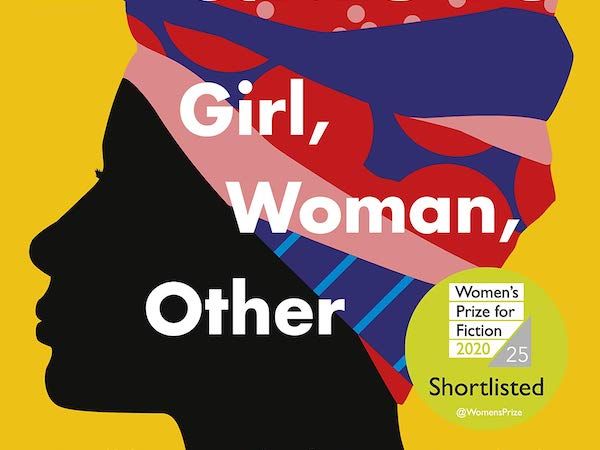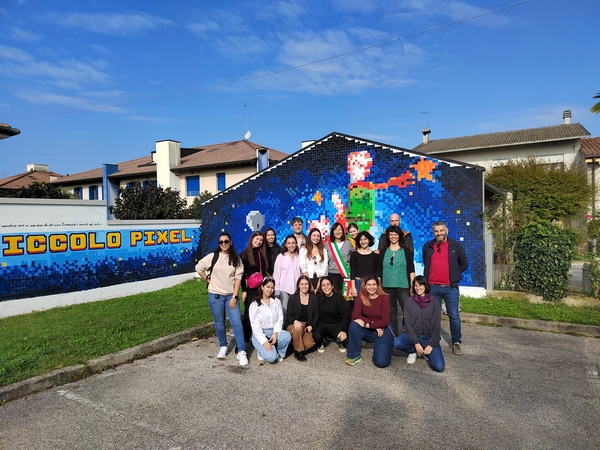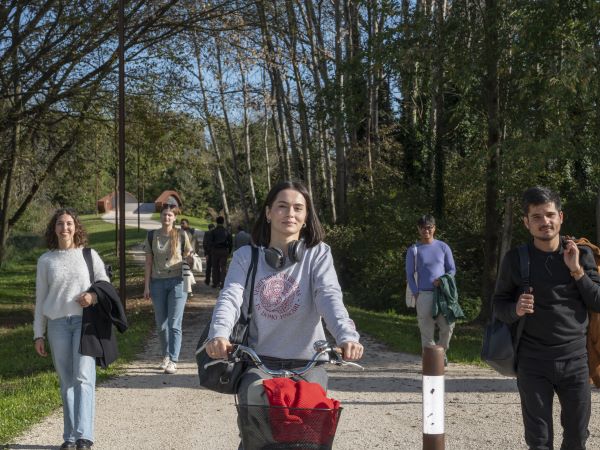On Thursday, 15 April 2021, authors Bernardine Evaristo and Maaza Mengiste will converse with Professor Shaul Bassi of Ca’ Foscari University of Venice. The conversation will touch upon many topics, and it will focus on the British and American perspectives on the concept of Afropean identity. In this article, you can read a preview of their conversation, which will be the second appointment of Afropean Bridges, the international workshop hosted by Ca’ Foscari University of Venice and organised by the Center for the Humanities and Social Change, now at its third edition, held online from 12 April to 27 May, 2021.
Watch and listen to the full interview with Bernardine Evaristo and Maaza Mengiste on Thursday 15 April at 6.00 p.m. CET on the HSC-Venice Youtube Channel and on the Afropean Bridges website.
The workshop focuses on the identity of Europeans of African origin and on the relations between Africa and Europe, in an effort to "bridge the gap" between the reality of being African-European and the clichés that can be associated with it. Numerous international guests contribute their thoughts and experience in a fruitful exchange.
Bernardine Evaristo has penned eight novels, as well as plays and criticism. She has won the Man Booker Prize and the British Book Award for her novel "Girl, Woman, Other" and was finalist for the Orwell Prize for political literature and the Women’s Prize for Fiction.
Maaza Mengiste is a novelist and essayist. Her novel "The Shadow King" was shortlisted for the 2020 Booker Prize and others. Her debut novel, "Beneath the Lion’s Gaze" was selected by The Guardian as one of the 10 best contemporary African books.
Evaristo’s book "Soul Tourists" (2005) may be considered an Afropean book: there are real historical figures that materialise in the story, which is about an attempt to develop a sense of belonging to the continent. Evaristo began to explore the concept of Black Europe over 25 years ago and realised that European history is rooted in black history. In her words, 'The idea of Afropean as a separate identity that is claiming itself in Europe is interesting and pertinent, but the identity of Europe in terms of its history is actually much more multicultural that we are led to believe.' Mengiste agrees: 'Every time I go to a museum and I am looking for that African face in paintings and I take a photograph, there’s a sense of affirmation that we’ve always been here.'
'The idea of being Afropean is something that has not been taken up yet – maybe in the future. Most black people, if they say that they are British, will say that they are European – but they won’t necessarily put the Afro spin on it', says Evaristo.
Another aspect explored in the dialogue is the double layer of oppression perceived by people who are not only African, but also women. Mengiste’s novel "The Shadow King'' responds to the deficit of historical memory about colonialism in Italy, as she writes about resistance from the perspective of a black woman.
The authors will also tackle the global reach and impact of the Black Lives Matter movement in 2020, and share their perspectives from opposite sides of the Atlantic.
'I really hope that this is the beginning of a global black conversation, that positions blackness not separated by American, and then European and African, but really brings it together', says Mengiste.
Whether by using language in unconventional ways or by telling unconventional stories, Evaristo and Mengiste share a passion for breaking the mould. Evaristo's novel "Girl, Woman, Other" is experimental in its plot, structure and language: 'What I love about what’s happened to my book is that these people out there, the readers in Britain and elsewhere [...] are picking it up and reading it [...] and they’re seeing the humanity of the characters. But what they’re actually reading is a black, experimental, radical text – a queer, inclusive text’.
Don't miss the conversation! You can find all information here.











